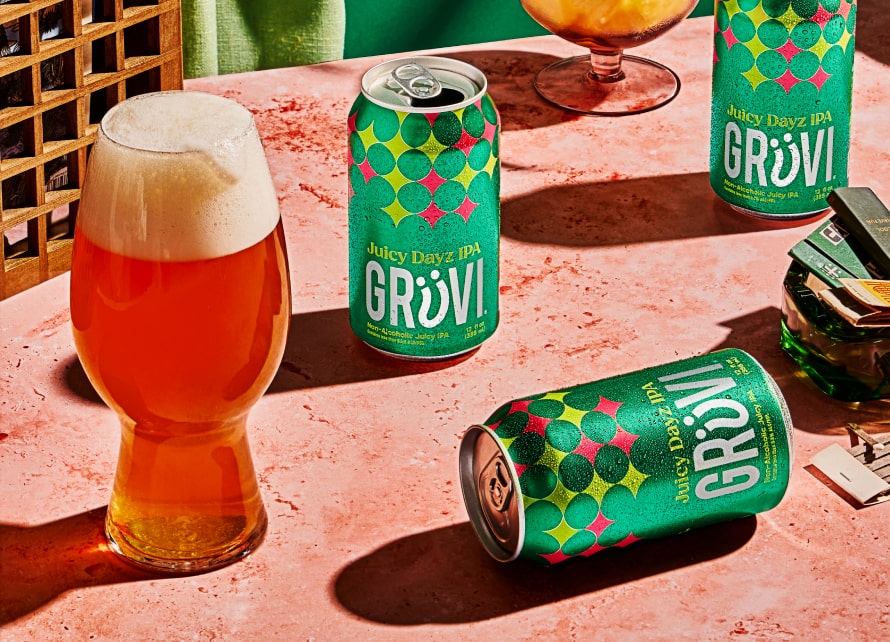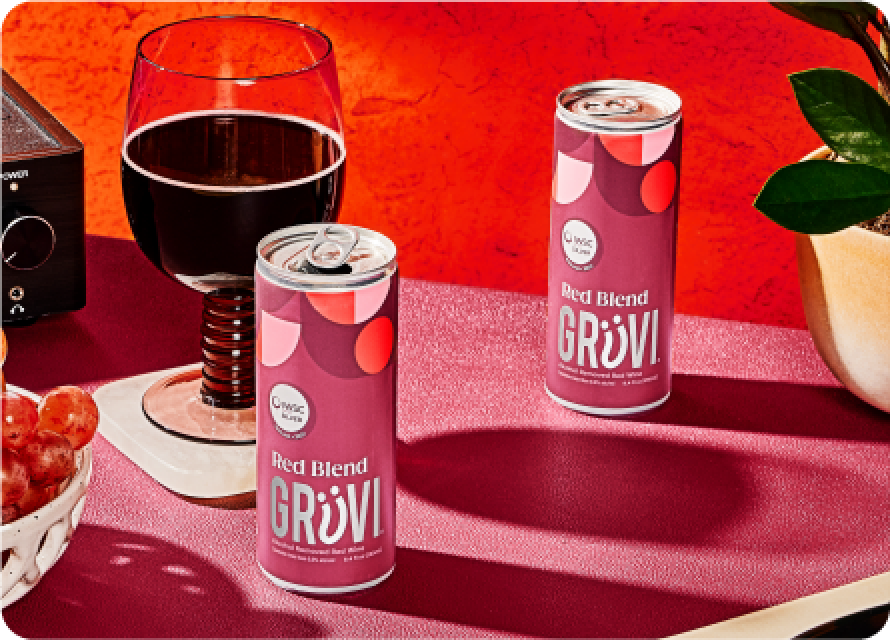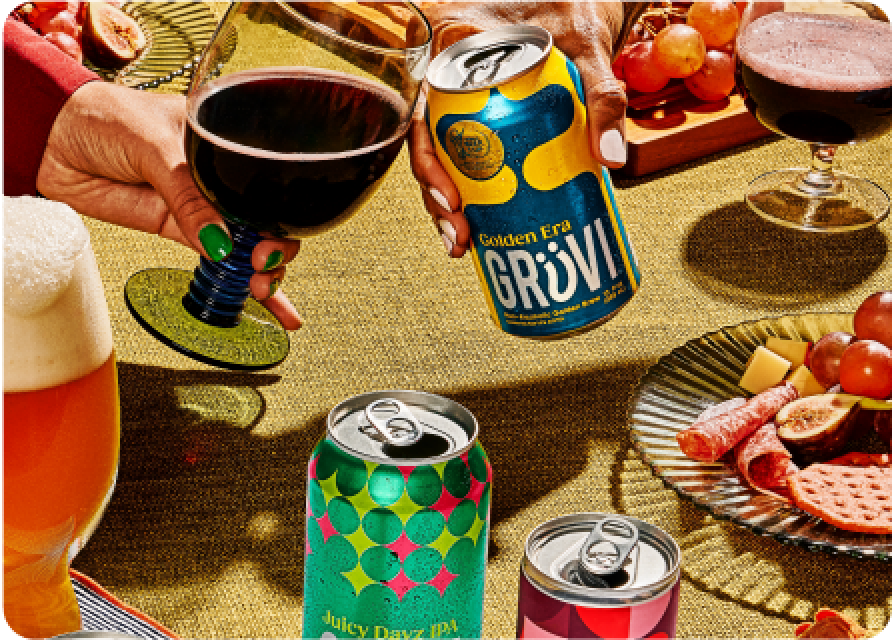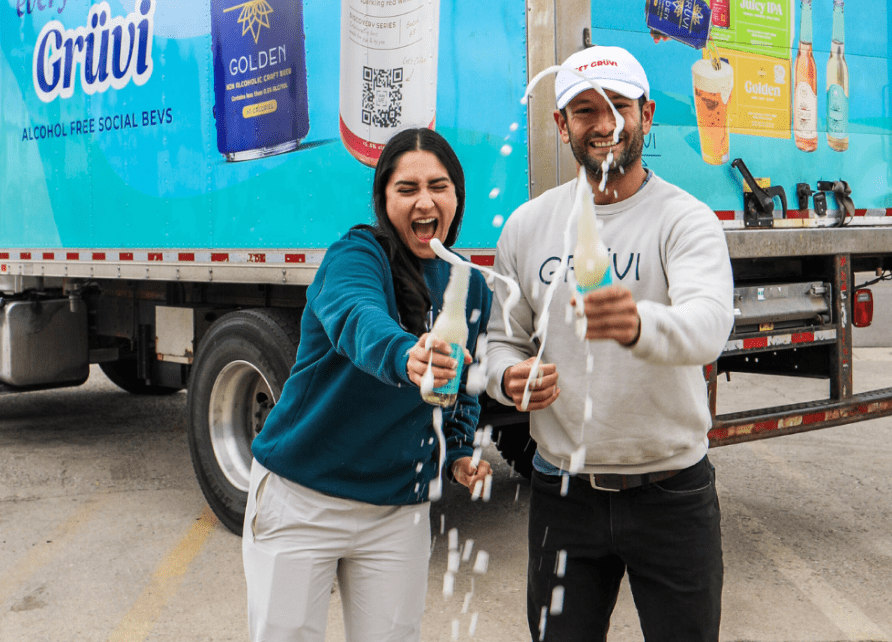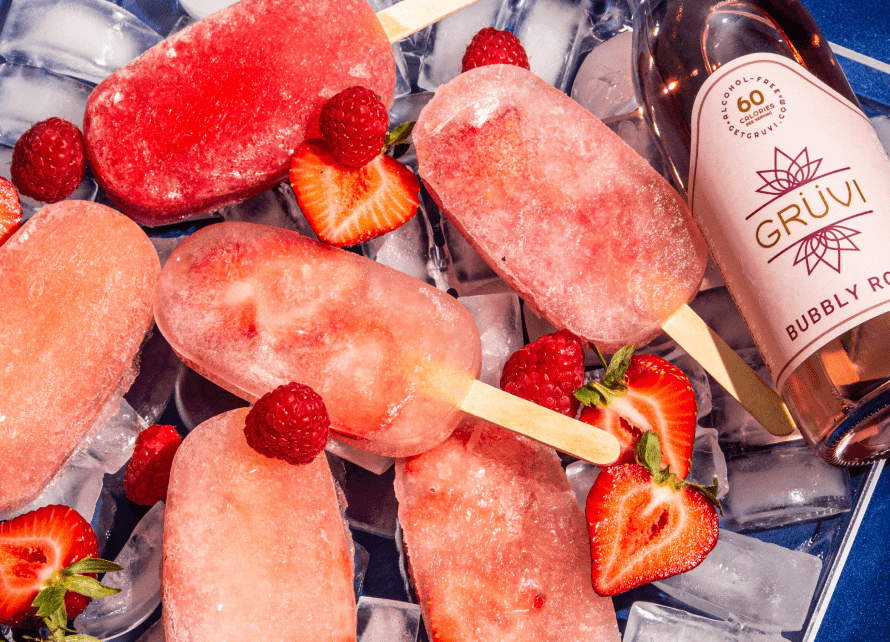This guest post was written by Sonya Looney — a World Champion American professional racing cyclist who competes in ultra-endurance, stage racing, 24-hour, and 100-mile mountain bike racing. Looney is a health and performance coach and a motivational speaker. She graduated from University of Colorado Boulder with a Master’s Degree in Electrical engineering. She also hosts the podcast The Sonya Looney Show.
When it comes to athletic pursuits, what you consume directly impacts how well you can perform. Performance isn’t just about how hard you can push your body, but performance also is greatly impacted by how well you recover.
